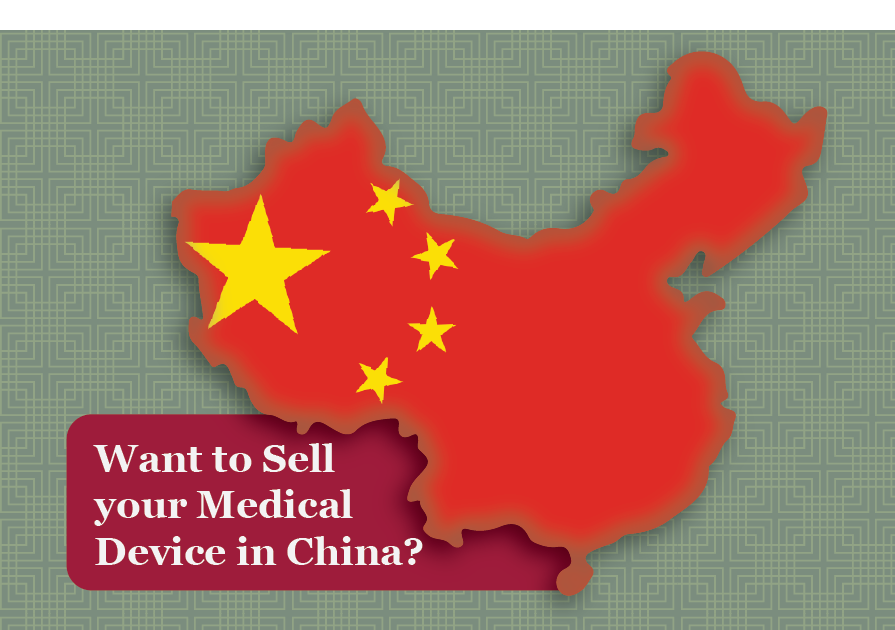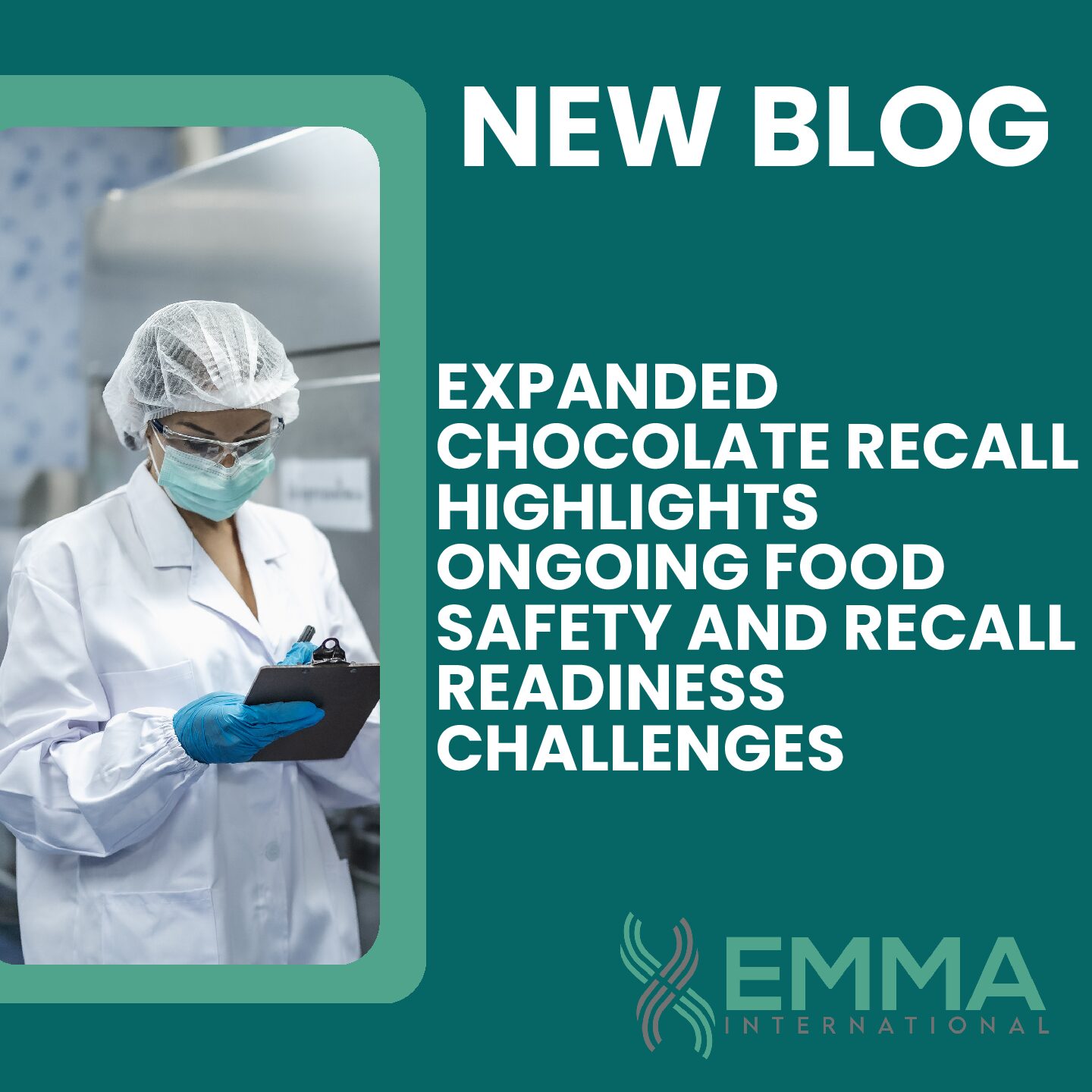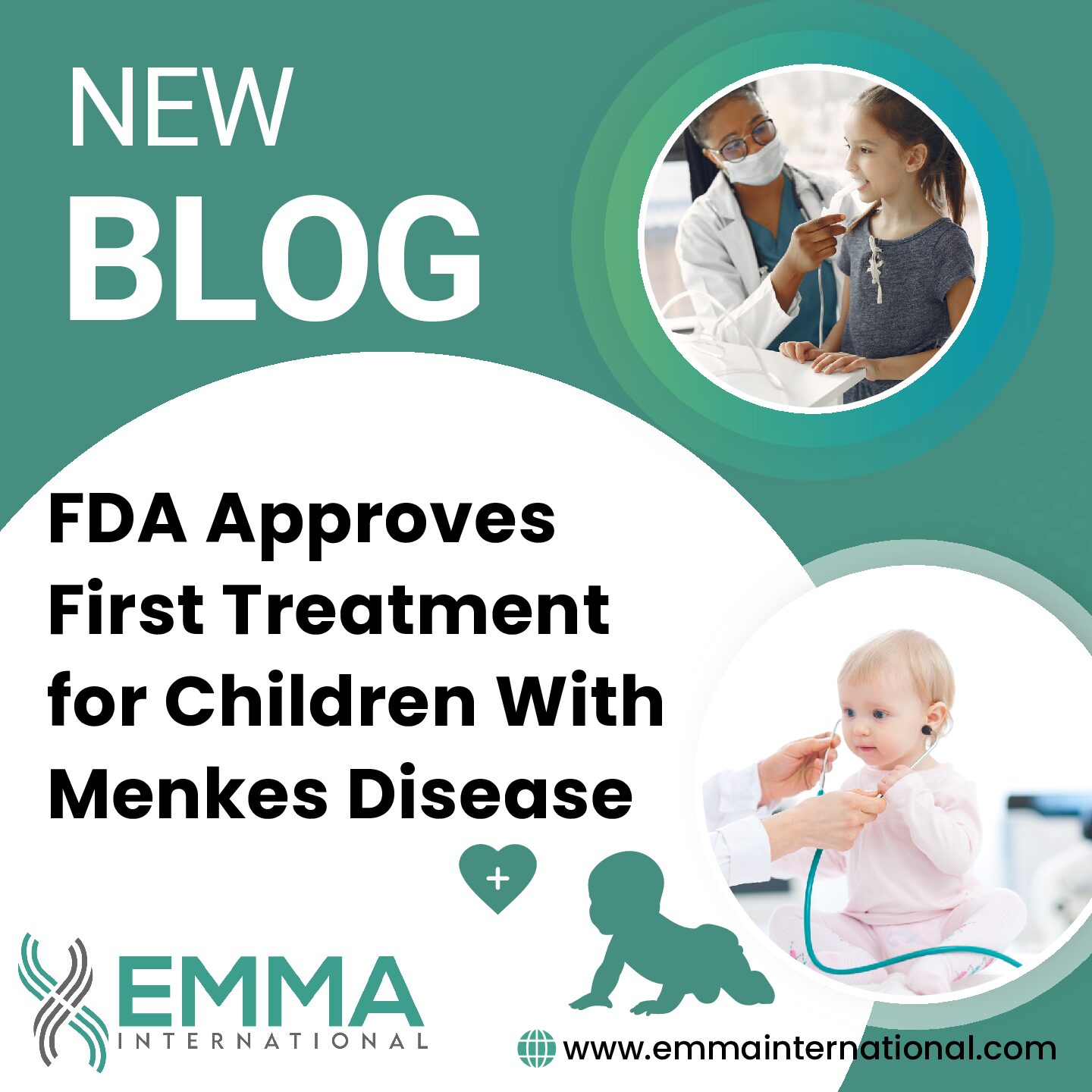China is considered to be one of the many booming medical device markets with its continually increasing innovation potential and high market demand. In 2016, China’s medical device industry achieved a total sales revenue of 244.8 billion yuan, an increase of 7.9% over the same period of last year.1 A country that houses the largest population in the world, the demand for medical devices equipped with the latest technology is not going to have a dead end.
Imaging Diagnostic Equipment occupies the largest share of the market, followed by consumables and orthopedic and implantable devices.1 If your company is considering tapping the Chinese market for your medical device, here is what you should know.
Medical devices in China are regulated by the National Medical Products Administration (NMPA), previously the China Food and Drug Administration (CFDA).
The medical device classification system is similar to that of the US, with Class I being the lowest risk devices, Class II is for moderate risk and Class III for highest risk devices.
For all devices that are manufactured outside of China, companies will have to send samples of their devices to the NMPA for testing. According to the new regulations which were proposed on June 25, 2018, class I and some class II devices will not have to undergo clinical trials. As for class III, the clinical trial data can be a combination of foreign and local studies as well as some data from predicate devices if available. All foreign clinical trial results/data is subject to review by the NMPA. Also, your company has to appoint a local authorized representative to coordinate all the activities with the NMPA.
Foreign manufacturers must also submit proof of approval to market the device in its country of origin. For example, CE mark, 510(k) clearance letter or PMA. Also, a proof of manufacturer qualification is required. For example, ISO 13485 certificate or establishment registration with the FDA for US companies.2
Once all of the documents become available to compile the technical registration dossier- remember that all documents must be in simplified Chinese, and then you can submit the application. All class I device applications undergo an administrative review only, whereas class II and class III devices undergo a full application review. For high risk and novel devices, the NMPA has the option to conduct an onsite audit of foreign manufacturers.
Following a successful review, all class I devices receive a voucher and class II and III devices receive a registration certificate. The class I vouchers do not expire; however, the registration certificates are good for 5 years and can be renewed 6 months prior to its expiration.3
If you are looking to market your medical device in China, give us a call at 248-987-4497 or email us at info@emmainternational.com.
1China Med Device (Jan 2018) 2018 China Medical Device Market Outlook retrieved on 07/05/2019 from https://chinameddevice.com/2018-china-medical-device-market-outlook/
2RegDesk (Jan 2019) An Overview of Medical Device Regulations in China retrieved on 07/05/2019 from https://www.regdesk.co/an-overview-of-medical-device-regulations-in-china/
3EmergobyUL (June 2019) China NMPA Regulatory Approval Process for Medical Devices retrieved on 07/05/2019 from https://www.emergobyul.com/resources/china-process-chart





